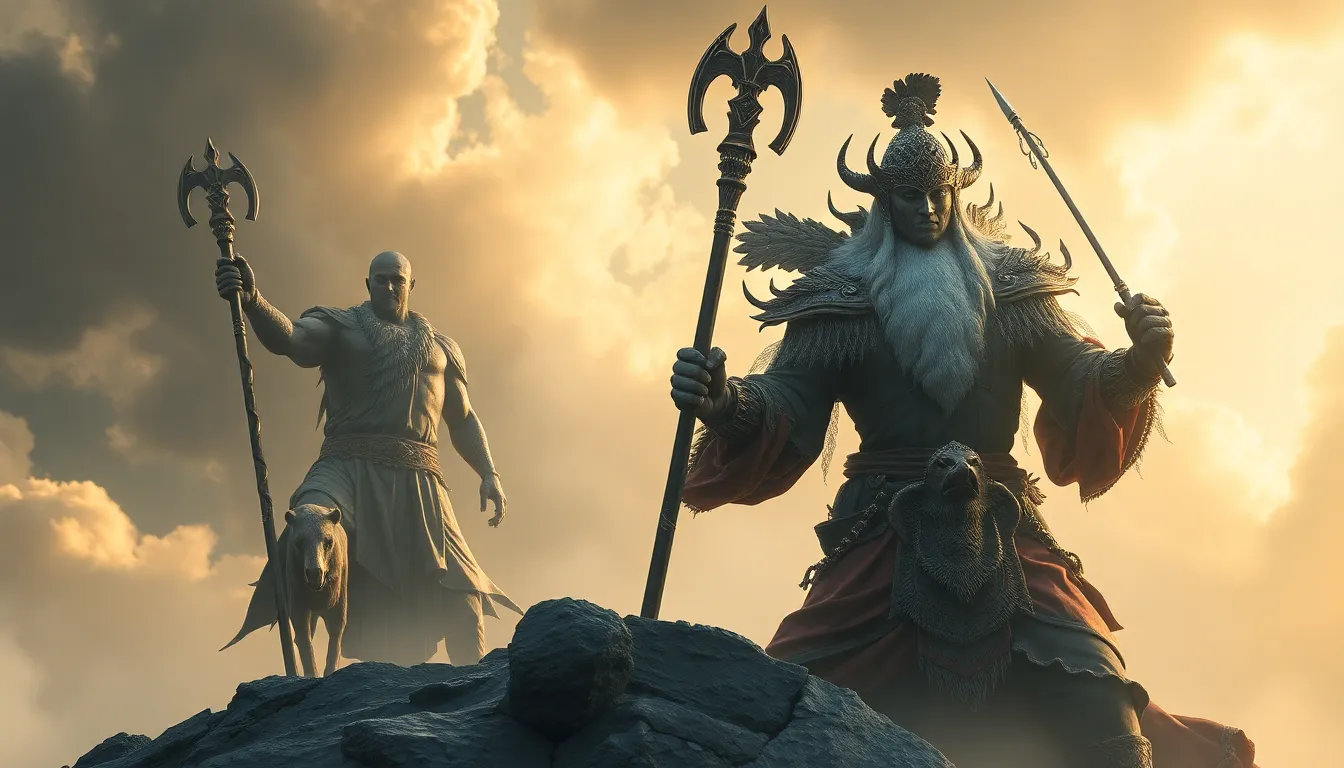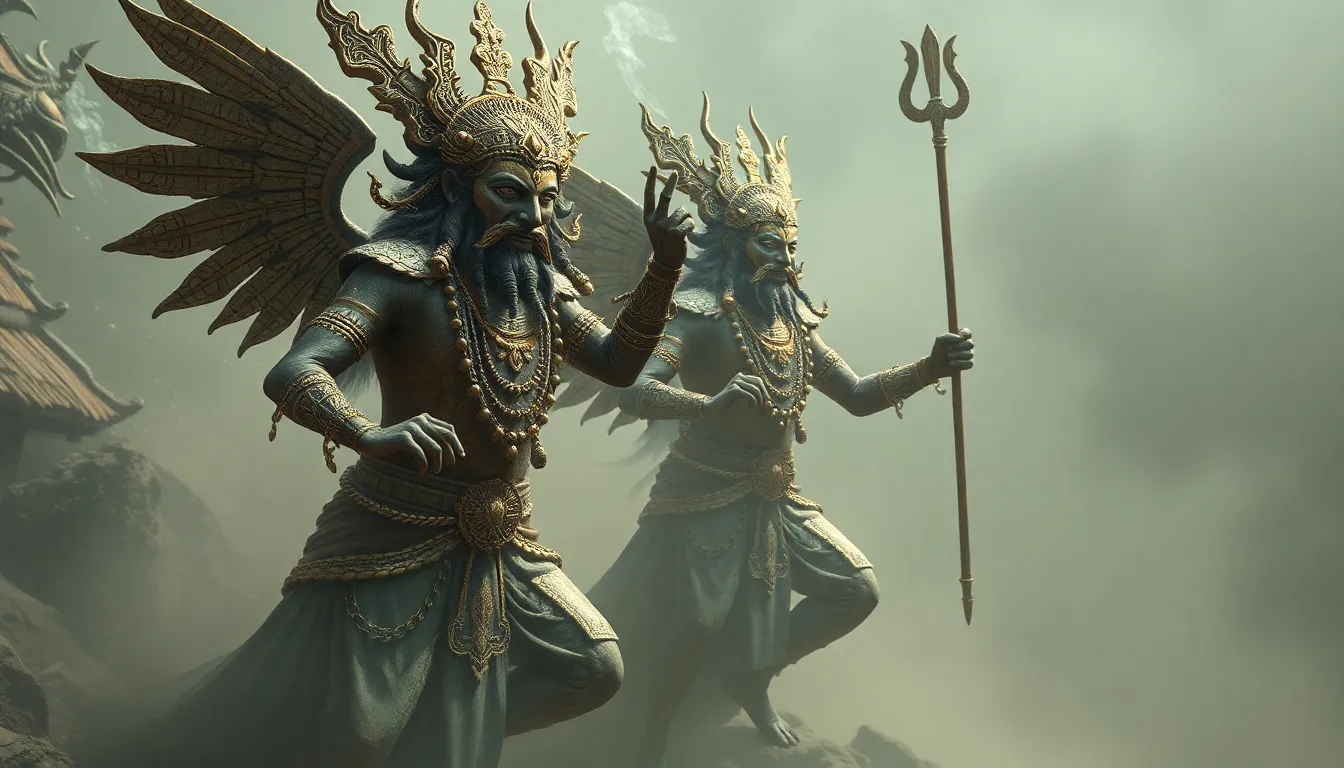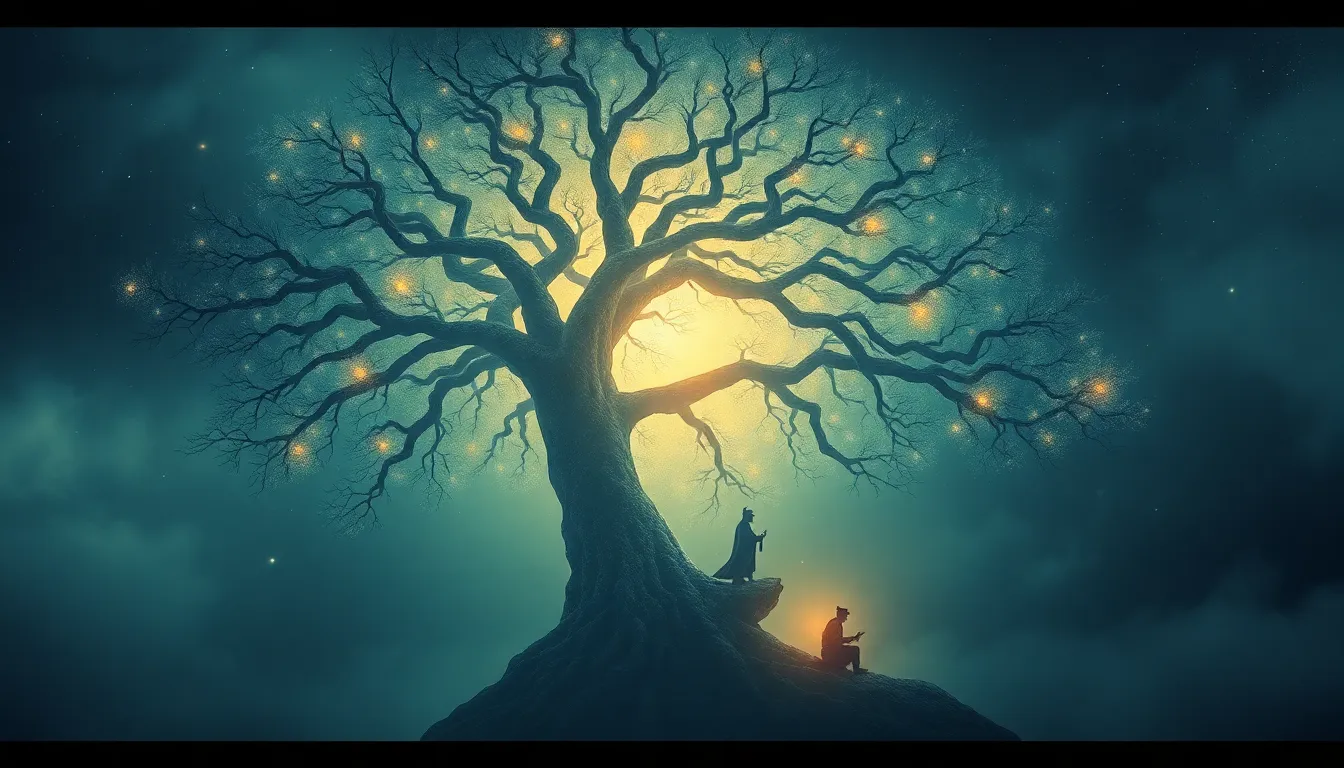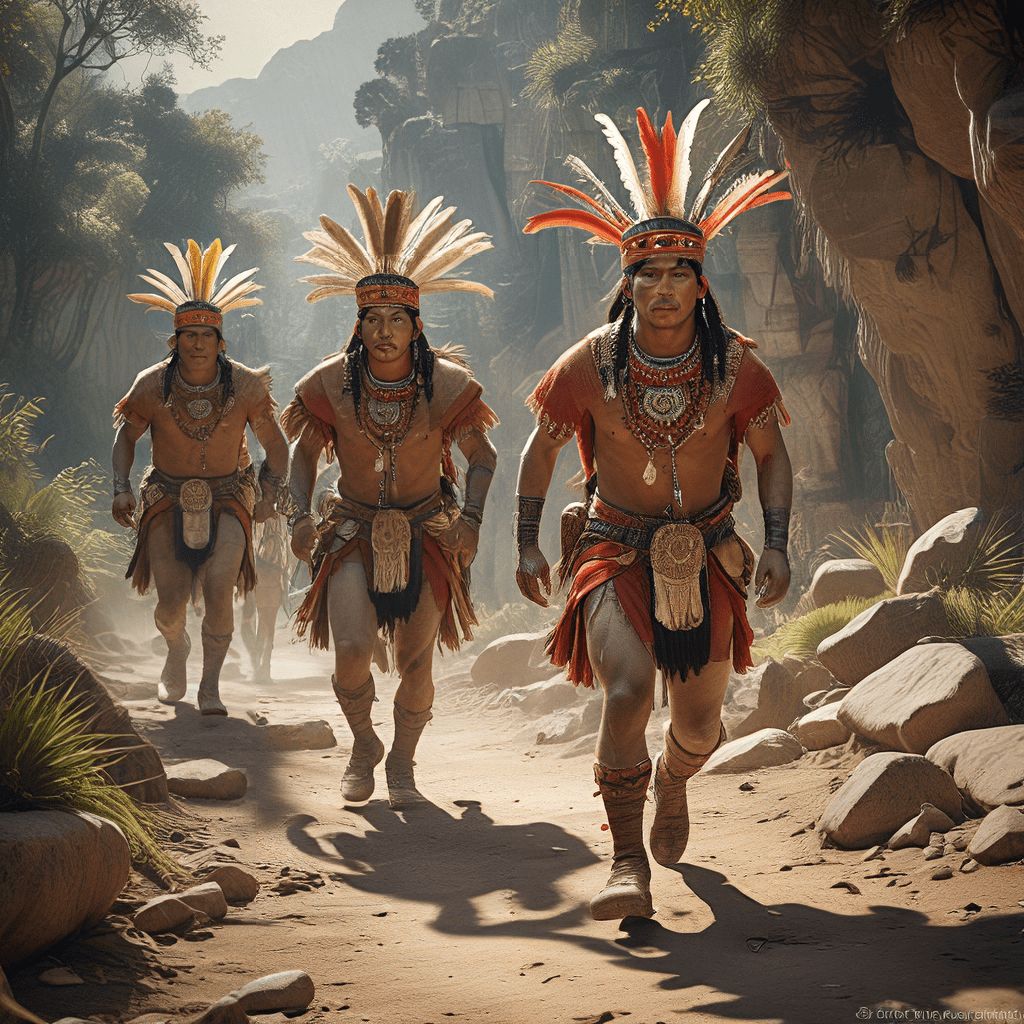Exploring the Myths of Cultural Heroes Across the Globe
I. Introduction
Cultural heroes are figures that embody the values, ideals, and aspirations of a society. They often emerge from myths, legends, or historical narratives and are celebrated for their extraordinary deeds or moral integrity. The concept of a hero varies significantly across cultures, influenced by historical context, societal values, and prevailing beliefs.
Myths play a crucial role in shaping cultural identity, offering insights into the collective psyche of a community. They serve to inspire, educate, and unite people under shared narratives. This article will explore the traits and significance of cultural heroes, delve into examples from various cultures, and examine the implications these figures have on national identity and contemporary society.
II. The Concept of the Hero in Various Cultures
While the notion of heroism is universal, its interpretation varies widely across cultures. Here are some common traits and notable differences:
A. Common traits of cultural heroes
- Bravery and courage in the face of adversity
- Wisdom and intelligence that guide their actions
- A strong moral compass and sense of justice
- The ability to inspire others and lead by example
B. Differences in heroism across cultures
In some cultures, heroes are celebrated for their physical prowess, while in others, intellectual or spiritual achievements are valued more. For instance, the Western hero might be a warrior or conqueror, whereas Eastern traditions may celebrate sages or philosophers.
C. The role of mythology in shaping perceptions of heroes
Mythology provides a framework through which heroes are understood and their stories passed down through generations. Myths not only highlight the hero’s journey but also reflect societal values and struggles, thus reinforcing cultural identity.
III. Ancient Heroes: Legends from the Past
Many ancient cultures produced heroes whose stories have persisted through time, often serving as moral exemplars.
A. Greek mythology: Hercules and his twelve labors
Hercules, known for his immense strength and heroic feats, undertook a series of tasks known as the Twelve Labors. These labors were not only tests of strength but also represented challenges that required intelligence and perseverance.
B. Norse mythology: Thor and the battle against giants
Thor, the hammer-wielding god of thunder, is celebrated for his bravery and strength in defending Asgard against giants and other threats. His stories emphasize the values of loyalty and protection of one’s community.
C. Mesopotamian legends: Gilgamesh and the quest for immortality
Gilgamesh, a historical king of Uruk, is the subject of one of the oldest known epics. His quest for immortality reflects humanity’s struggle against the inevitability of death and the pursuit of meaning in life.
IV. Indigenous Heroes: Guardians of Tradition
Indigenous cultures also celebrate heroes who reflect their values and traditions.
A. Native American heroes: Coyote and the lessons of trickster figures
Coyote is a prominent figure in many Native American cultures, embodying the trickster archetype. His stories often teach valuable lessons about life, humility, and the consequences of one’s actions.
B. African folklore: Anansi the Spider and the wisdom of storytelling
Anansi, the spider, is a key figure in West African folklore. Known for his cunning and resourcefulness, Anansi’s tales highlight the importance of wit and the power of storytelling in preserving culture.
C. Australian Aboriginal heroes: Daramulum and the connection to the land
Daramulum is a figure in Aboriginal mythology, representing a connection to the land and spiritual guidance. His stories emphasize respect for nature and the interconnectedness of all living things.
V. Modern Cultural Heroes: Icons of Change
As societies evolve, so too do their heroes, often reflecting contemporary struggles and ideals.
A. Historical figures: Nelson Mandela and the fight against apartheid
Nelson Mandela is celebrated globally for his role in dismantling apartheid in South Africa. His commitment to justice, reconciliation, and equality has made him a symbol of resistance against oppression.
B. Contemporary heroes: Malala Yousafzai and the advocacy for education
Malala Yousafzai, a Pakistani activist for girls’ education, has become a modern icon of courage and resilience. Surviving an assassination attempt, her advocacy highlights the importance of education and women’s rights.
C. The impact of media on the perception of modern heroes
In today’s digital age, media plays a crucial role in shaping how heroes are perceived. Social media platforms allow for the rapid dissemination of stories, enabling individuals to become heroes in their communities and beyond.
VI. The Role of Women in Hero Myths
Women have played significant roles in hero myths, often serving as powerful symbols of strength and resilience.
A. Female heroes in mythology: Athena and the embodiment of wisdom
Athena, the Greek goddess of wisdom and warfare, represents the qualities of intelligence, strategy, and courage. She is often depicted as a guide for heroes and a protector of cities.
B. Contemporary female figures: Rosa Parks and the civil rights movement
Rosa Parks is celebrated for her pivotal role in the civil rights movement in the United States. Her act of defiance against racial segregation has made her an enduring symbol of resistance and courage.
C. The evolution of female representation in cultural narratives
Over time, female heroes have gained more recognition and complexity in cultural narratives, challenging traditional gender roles and inspiring future generations.
VII. Cultural Heroes and National Identity
Heroes often serve as symbols of national pride, shaping cultural narratives and collective identity.
A. Heroes as symbols of national pride
Cultural heroes can unify citizens under a shared sense of identity and pride. For example, figures like George Washington in the U.S. embody the nation’s founding ideals.
B. The use of heroes in nation-building narratives
National narratives often employ heroes to justify political actions and inspire patriotism. These stories are integral to the collective memory of a nation.
C. Case studies: George Washington in American culture and Gandhi in India
George Washington is revered as the father of the United States, symbolizing leadership and sacrifice. Similarly, Mahatma Gandhi represents non-violent resistance and moral integrity in India’s struggle for independence.
VIII. The Dark Side of Heroism: Flaws and Failures
While heroes are often revered, they are not without flaws, which can complicate their legacies.
A. The impact of flawed heroes on cultural narratives
Flawed heroes can challenge the perception of heroism by highlighting human imperfections. Their failures can lead to critical reassessments of cultural ideals.
B. Case studies: The fall of historical heroes like Caesar and Napoleon
Julius Caesar and Napoleon Bonaparte are examples of historical figures whose ambitions led to their downfall. Their stories remind us that even great leaders can succumb to hubris.
C. Lessons learned from the complexities of heroism
The complexities of heroism teach us that greatness often comes with significant flaws. Understanding these nuances helps us appreciate the full humanity of our heroes.
IX. The Future of Cultural Heroes in a Globalized World
As globalization continues to shape our societies, the concept of cultural heroes is evolving.
A. The blending of cultural narratives in the digital age
Digital platforms allow for the exchange of stories across cultures, leading to a blending of hero narratives. This interconnectedness can enrich cultural understanding and appreciation.
B. The influence of social media on heroism</h3



